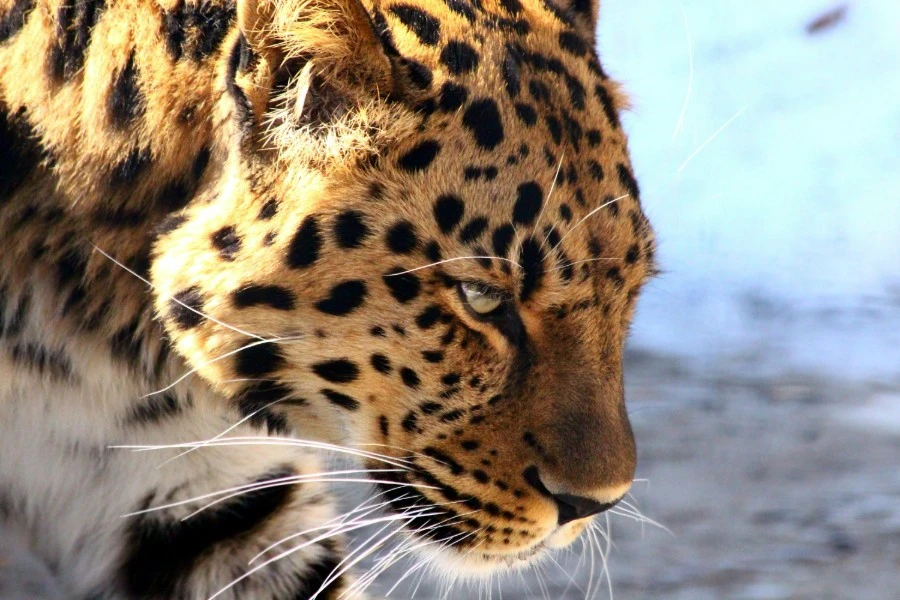No software installation is required, and your files are processed securely in your browser without being uploaded to a server for conversion, ensuring your privacy.


Your files are never uploaded, so your data stays secure.
Your device handles the work, ensuring speed and privacy.
Use our tools right away with no account sign ups, ever.
This tool allows you to convert your JPG image files into the modern and efficient WEBP format. JPGs are widely used for photographs due to their good compression. WEBP, developed by Google, offers even better lossy and lossless compression, resulting in smaller file sizes at comparable or even superior visual quality. This makes WEBP an excellent choice for web optimization, helping your pages load faster.
Converting JPG to WEBP is a smart move for optimizing images for web delivery, taking advantage of WEBP's advanced compression to reduce load times and bandwidth usage.
Converting JPG images to WEBP format offers significant advantages, especially for web content and modern digital workflows:
By converting your JPGs to WEBP, you can optimize your images for the modern web while maintaining excellent visual quality, ensuring they load quickly and perform well across all devices and network conditions.
Adobe Photoshop 2022+: File → Export → Export As → Choose WebP format with quality settings.
GIMP (Free): File → Export As → Change extension to .webp and configure quality settings.
Command Line (ImageMagick): convert image.jpg -quality 90 image.webp
Squoosh (Google): Web-based tool by Google with advanced WEBP compression options.
XnConvert (Free): Batch conversion software supporting WEBP output with quality control.
WEBP images are 25-35% smaller than JPG at the same quality level, resulting in faster page load times, improved Core Web Vitals scores, better Google PageSpeed insights ratings, and enhanced user experience. This optimization is especially critical for mobile users, search engine rankings, and conversion rate optimization.
Over 95% of browsers support WEBP, including all modern versions of Chrome, Firefox, Safari, and Edge. For maximum compatibility, use the HTML picture element or server-side detection to serve WEBP to supporting browsers and JPG as a fallback for older browsers.
Our converter uses 90% quality settings with advanced compression algorithms to maintain excellent visual quality while achieving significant file size reductions. The conversion process preserves fine details, prevents pixelation, and maintains color accuracy - most users won't notice any quality difference between the original JPG and converted WEBP.
Most modern social media platforms (Facebook, Instagram, Twitter) support WEBP uploads and automatically optimize them. For email marketing, use JPG fallbacks to ensure compatibility with older email clients while serving WEBP to modern ones for better performance.
Our browser-based converter offers several advantages: no software installation required, complete privacy (images never leave your device), cross-platform compatibility, automatic updates, and free unlimited conversions. Unlike desktop alternatives, you can convert images instantly on any device without purchasing expensive software.
Yes! Image optimization is one of the most impactful ways to improve PageSpeed scores. Converting JPG images to WEBP typically results in measurable improvements in Largest Contentful Paint (LCP) and overall performance metrics, which can positively affect your search engine rankings.
Absolutely! Our tool supports batch processing of up to 8 JPG images simultaneously, making it efficient for converting entire photo galleries, product catalogs, or website image libraries. This batch capability rivals expensive desktop software while maintaining complete privacy.
Yes! Our converter is completely free with no hidden costs, registration requirements, file size limitations, or conversion limits. Unlike paid alternatives or subscription-based services, you can convert unlimited images without any restrictions.